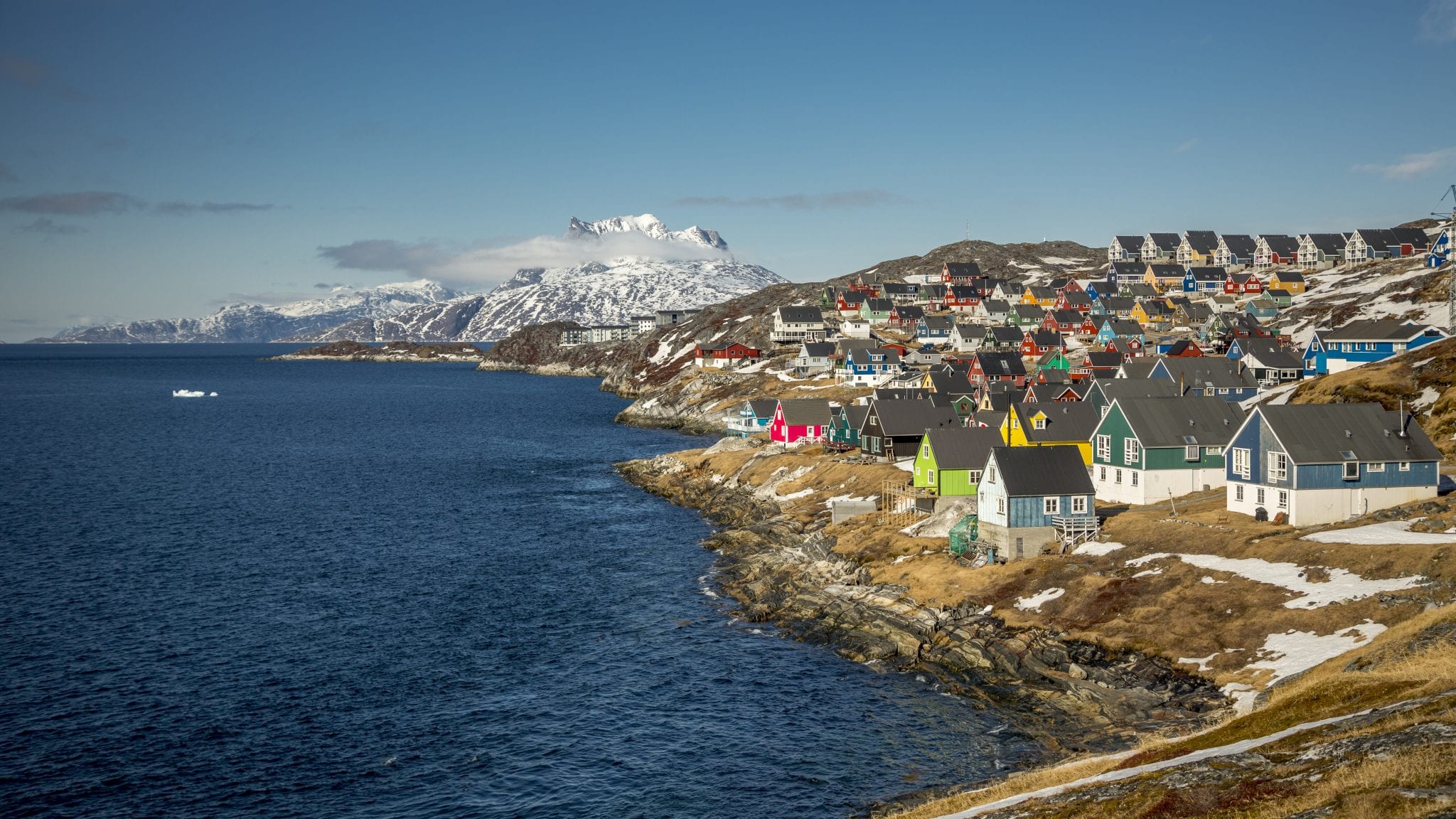It is within this context that Trump’s bombastic expression of interest in acquiring Greenland ought to be understood. But it would be inaccurate and incomplete to suggest that it was as a result of, or in response to, the diplomatic fallout with Denmark that the U.S. has decided to open a consulate in Nuuk. The plan to set up a consulate in Greenland is not a new PR strategy devised to cope with bad press or a diplomatic way to save face with a close ally. In fact, it had already been announced by the U.S. State Department and the government of Greenland back in May 2019. That announcement was a move that had been welcomed, and both sides hoped it would strengthen U.S.-Greenlandic ties further and usher in greater U.S. investment. Earlier this year, the U.S. State Department had already appointed an officer at the its embassy in Copenhagen to focus on Greenlandic affairs, and we in the wider policy community were aware that may have been the first step towards setting up a permanent diplomatic presence in Greenland. Likewise, in May, we expected Mike Pompeo to make formal announcements about the restoration of the U.S. Consulate in Greenland during his planned stop there on his way back from the Arctic Council Ministerial Meeting in Finland. Pompeo had to rush back to Washington, however, to attend to the Iran matter, and that visit was canceled.
In this sense, while the new story that the U.S. is planning to open up a consulate in Greenland as a result of the diplomatic fallout with Denmark is not adding anything new, it also omits key details and consequently misrepresents the situation by implying a causality between two separate — even if related — developments. Not taking into account the chronology in which they emerged gives rise to the incorrect notion that Trump’s recent remarks led to the plan to restore a permanent U.S. diplomatic presence in Greenland. Might the recent U.S.-Denmark-Greenland exchange make State Department officials perplexed as to how to proceed with their original plans? Yes. Might it prompt State Department officials to bring forward the setting up of the U.S. Consulate as a way to calm the storm, so to speak? Yes. Was it the recent exchange that gave rise to the plan to open a consulate in Nuuk? Certainly not, and to suggest otherwise is misleading.
Dr. Dwayne Ryan Menezes is the Founder and Managing Director of Polar Research and Policy Initiative (PRPI), a London-based international think tank dedicated to Arctic, Nordic, North Atlantic, North Pacific, and Antarctic affairs. He read Imperial and Commonwealth History at the LSE and the University of Cambridge, graduating from the latter with a Ph.D. in History. He is currently an Honorary Fellow at the UCL Institute of Risk and Disaster Reduction at University College London, as well as a Fellow of the Royal Historical Society, Royal Geographical Society, and Royal Society of Arts. For more about Polar Research and Policy Initiative, see www.polarconnection.org.
























